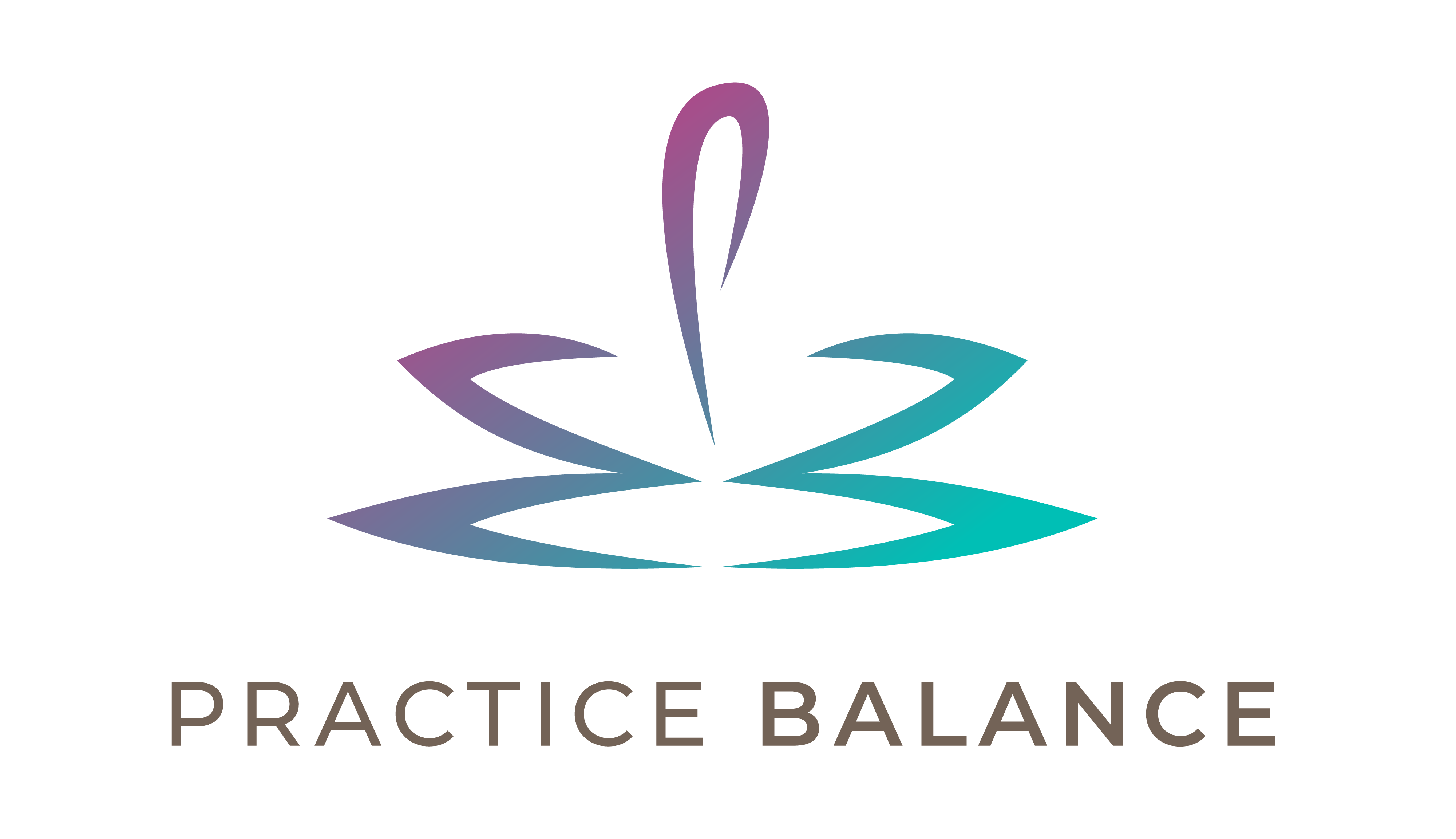
The other day, we watched a documentary called Tiny. It really made me think: could I live full-time in 100-200 square feet of space? How about with another person, even? Participants in the tiny house movement are doing just that. They have various motivations for downsizing, but the basic common denominator is simplification – something that can greatly help in the realm of stress management! One of the people interviewed in the movie talked about her transition to a Tiny House as a vehicle for removing herself from the hamster wheel of her finance job that involved great stress, illness, and 2 hours of commuting per day.
As I have learned from my own experiences and discussed here and here, when looking for easy ways to reduce stress, the initial “big picture” approach should be to simplify where possible. I would not generally consider myself a minimalist, but I do strive for a lifestyle of simplicity. While this has proven to be easy on ideal vacations, it is more challenging in the day to day experience of “real life”. Here are some ways I’ve simplified, ways that aren’t too extreme, that are possible for “real people” like you and me:
Consider your work responsibilities and environment. I have learned through my exercises in self-reflection that I need to make “down time” somewhat of a priority in my life. I don’t do well with multiple huge projects or deadlines looming over my head. Thus, I sought the most simplified version of a job in my field that I could find. As a purely clinical anesthesiologist not in a private group but at an academic hospital, I have very little paperwork, no office, no workspace overhead, and minimal needs for an administrative assistant. I make less money than some of my peers… but I have no overnight call and no teaching, administration, or research responsibilities. It is not a job with many accolades or opportunities for recognition, but it is aligned with my values and I find great satisfaction in my direct patient care duties.
I chose this type of job from the outset, knowing that it was right for me; if you are in the position to be looking for a job right now, consider the “simplicity level” of your possible opportunities. If you are already entrenched and you are feeling the need to simplify, find small things you can strike from your responsibility pool. Is there anything that can be delegated? Any extra superfluous overhead that could be eliminated?
Streamline social media and connectivity. This is a big issue for everyone. My job situation might be dialed, but I’ve currently been tackling simplification in the media area. My husband is a pro at this: he works at home for himself, and he learned early to set boundaries. He does not look at email until a certain time of day; then he dedicates a particular period of time to responding, solving problems that can be solved immediately, and scheduling time to revisit more involved issues before moving on to other tasks. He does not answer work calls early in the morning or late in the evening. If you are in a self-employment type of situation, consider setting up boundaries like these for better productivity and less stress.
My problem is social media. I have a tendency to check email, blog feeds, and Facebook constantly throughout the day; this can be stressful depending on what I read, creating that “I must solve this problem now” mentality. Being a blogger, I like to read others’ blogs and stories and be active on Facebook… but the stories that I’m exposed to can sometimes incite stress as well (depending on the subject matter). One thing I’ve done is limit my social media outlets, and I’m currently working to schedule certain times that I check them. Think about it: do you need to be on Facebook, Twitter, Pinterest, Bloglovin, Feedly, Google+, etc., or will just one suffice?
To take it further, my husband and I are actually scheduling an upcoming “technology vacation”. We’re not going to put away the blender or the oven, but we are planning a two-day period of no phones, no internet, no car, no TV, etc. Could you do it? More info on the results in a future post!
Eat the same thing every day. My husband and I enjoy simple food. We tend to cook at home most of the time, and the only meal that varies from day to day is dinner. Yes, I do tend to eat the same thing for breakfast and lunch every day. It sounds boring, but there is actually evidence that this can help with weight control. In addition, it simplifies grocery shopping by making the list very predictable! Making simple meals – basically meat and vegetables thrown into either a crock pot or a stir-fry pan with some spices – makes planning dinners very easy. If you cook at home and have only a few options on hand each week, it can relieve the decision fatigue (and financial outlay, and driving time) that comes with going out and choosing from a menu, or from perusing a cookbook for that perfect recipe.
Think hard about your “stuff”. In my opinion, simplicity is not about eschewing all possessions but more about considering the possessions you have and those you may acquire. I love to shop, but I make sure that if I buy something new, there is a space in my closet for it… and possibly something in there that I don’t use and can sell/donate. I am a ruthless editor of my own closet and vanity; if I haven’t used an item in months, I have no qualms about getting rid of it. Then I try to learn from my “mistakes”. When buying something new, think: how much room does it take up in the house? Does it require other tasks or resources for upkeep? These are all things to consider when making purchases either big or small.
These are the approachable paths to more simplicity that I can think of currently… have I missed any? Do you have any suggestions? Share them here!


 Mindfulness Through Dirt
Mindfulness Through Dirt

[…] been trying to incorporate ideas of minimalism into my life for a while now. My closet is smaller, I remove one chotchke from the hallway shelves […]